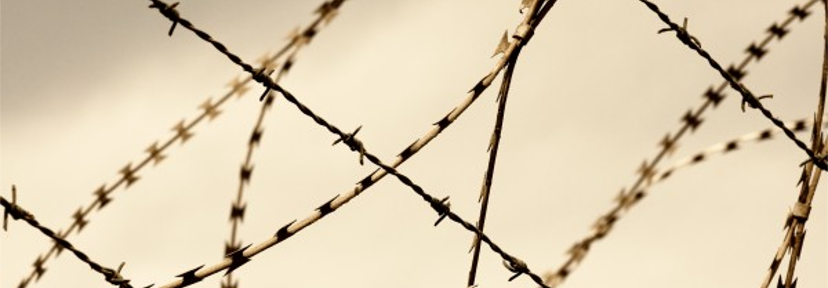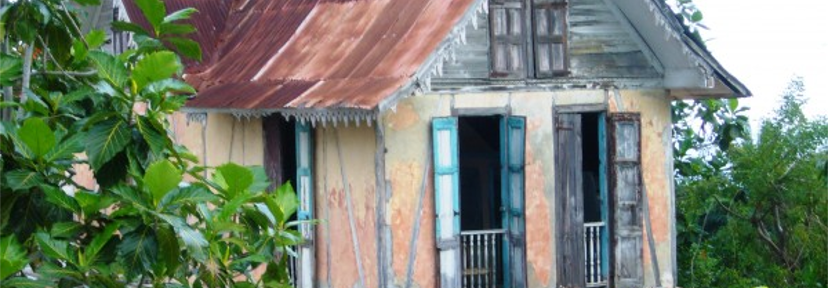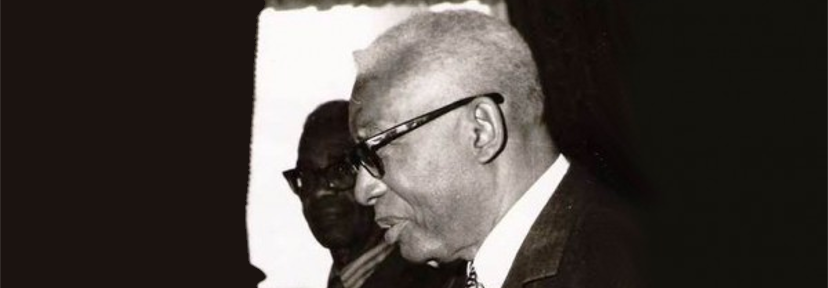Francois Duvalier, later known as “Papa Doc” became president in 1957. After surviving an attempted coup, he refilled the key positions in government, military, and economy with persons of his trust. Besides this, he secured his power by creating a ‘secret police’ which brutally suppressed the people. The “tonton macoutes” murdered over 30,000 Haitians. Victims were generals as well as farmers who didn’t fit into the dictator’s vision of Haiti. Because the members of this militia were paid almost nothing, many of them secured their survival by crime. Papa Doc also took advantage of the population’s beliefs by claiming to be “Baron Samedi”, one of the most powerful gods in the Haitian Voodoo religion. He officially became a lifetime president in 1964.
Category: Information about Haiti
-

U.S. Occupation of Haiti
Several years of political turmoil culminated in the lynching of Haiti’s president. He was lynched by a crowd of people. This led way to the United States occupation of Haiti from 1915 to 1934.
-

Post-Colonial Times
After defeating and expelling the colonial powers, the slave descendants had yet another battle to be fought. Due to the class differentiation created by the white French colonists fathering children with their African slaves; and, despite the unifying factor of their oppression by the colonists, the single country of Haiti divided into two separate states. Those of darker complexion were led in the north of the island by Henri Cristophe, while Alexandre Petion held the lighter skinned southern state. After overcoming their class differences and intense internal fighting, Haiti reunited.
-

Haitian Independence
Inspired by the equality-based ideals of the French Revolution learned through colonial education, nearly 500,000 slaves revolted. Under the leadership of Toussaint L’Overture, the Haitian slaves fought and defeated the French Colonialists. Declaring independence in 1804, Haiti became not only the first colonialized country in which slaves won their freedom, but also the first independent state in all of Southern and Central America.
-

Colonial Times
Haiti became one of the wealthiest Caribbean colonies, due to the heavy importation of African slaves and the exploitation of Haiti’s natural resources. At the height of colonization, almost half of the sugar produced in the world came from Haiti. The country was also the world market leader in the production of coffee, cotton, and indigo. This could only have been accomplished by destroying nearly all of Haiti’s forest. The overproduction of agriculture led to much environmental damage that is still visible in Haiti today.
-

The Birth of a Nation
Haiti was originally settled by Taino Amerindians. The name Haiti means “Mountainous Land” in the Taino language. After Columbus discovered the island Hispaniola in 1492, Spanish settlers nearly annihilated the Taino tribes within twenty-five years. Spain assigned the mountainous western two-thirds of the island to France, thus creating the state of Haiti.
